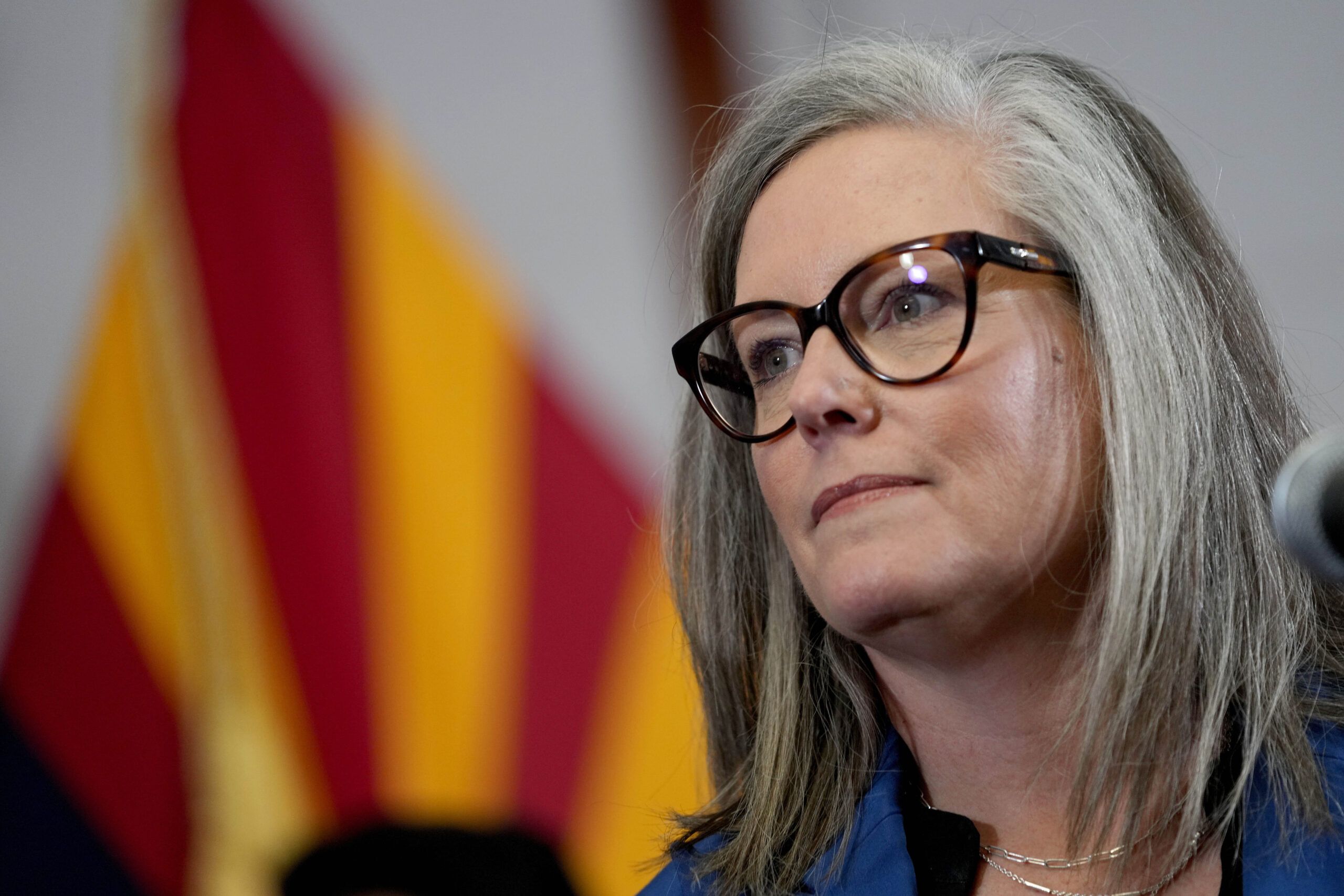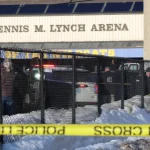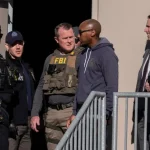

Gov. Katie Hobbs (D-AZ) and Democratic Arizona Attorney General Kris Mayes are set to bring back executions of prisoners on death row in the state after they put the practice on a hiatus two years ago.
When Hobbs and Mayes took office in 2023, they suspended capital punishment in the state, citing a pending review of Arizona’s death penalty process.
Hobbs then appointed, via executive order, former U.S. Magistrate Judge David Duncan as a commissioner to undertake the review. Arizona has a history of unsuccessful executions, which is what prompted the review in 2023. Duncan was set to review Arizona’s procurement process for lethal injection drugs and lethal gas, execution procedures, the access of news organizations to executions, and the training of staff to carry out executions.
Last week, Hobbs ended Duncan’s review and said she had lost confidence in it. She said the report “faced repeated challenges” and no longer believed it “will accomplish the purpose and goals of the Executive Order” that she issued when appointing Duncan.
In a letter to Duncan, Hobbs said early drafts of the review, which have been released, made her question Duncan’s understanding of both Hobbs’s executive order for a list of recommendations to be produced for improving the execution process and the actual scope of work Duncan was hired to perform.
“For example, you recommend that ADCRR conduct executions by firing squad (a method not currently authorized by Arizona law), despite the Executive Order’s direction to focus on procurement, protocols, and procedures related to carrying out an execution under existing law,” she said.
In response, Duncan told Fox 10 Phoenix that he was shocked by his dismissal and the release of the draft report.
“I was simply asked to do three things: We had a history of botched executions in Arizona. Figure out why, figure out if it can be done properly. Increase transparency,” he said.
As a result, the day Duncan was dismissed, Mayes said she would seek a death warrant for a prisoner in the coming weeks.
The state allows prisoners to choose their preferred method of execution: lethal injection or gas chamber. Gas chambers can only be picked by those who were sentenced before 1992 after the state outlawed the practice after one inmate suffered for nearly 11 hours in a gas chamber.
After an eight-year pause, Arizona resumed executions in 2022, killing three men, but the state struggled to administer the lethal injection in all three cases. Attorneys on behalf of Clarence Dixon, who was executed in May 2022, said his IV insertion process took 40 minutes, having to switch veins during the process. The attorneys said it caused him to experience pain, and a media witness said it resulted in a “fair amount of blood.”
The two other people who were executed also reportedly suffered during the execution process, according to the Arizona Republic.
After spending two years reviewing Arizona’s use of lethal injections, Duncan said he determined he had a “false hope” that lethal injections would work.
In his draft, Duncan concluded that lethal injection is too flawed and supported using firing squads instead. In the letter, Hobbs said firing squads were on the table per Arizona law, but Duncan emphasized his thoughts, suggesting voters take up the matter.
“It is a very quick death, and it is one that is probably the most humane of it,” said Duncan. “It also has the least botch rate. The botch rate for lethal injection is 7%.”
Duncan also told Fox 10 he was curious if the state simply did not like the findings of his report.
“I can imagine maybe political winds change, that that could have happened. Maybe I was telling people what they didn’t want to hear,” he said.
“The problem with that is that’s an internal investigation,” Duncan said. “It’s exactly the opposite of an independent review.”
Duncan said he was denied access to learn how Arizona conducts executions. When he asked to see a dry run of an execution, Duncan said he was told he was not allowed because of concerns he would reveal identifiable information about the executors.
“I would never reveal their confidentiality, and so I said, ‘That’s preposterous,’ that that’s the reason that you won’t let me talk to them and won’t let me watch a dry run, and they said they did them four times a year, and I just wanted to see one so that I could make comments and observations. They said ‘no,’” Duncan said.
CLICK HERE TO READ MORE FROM THE WASHINGTON EXAMINER
Duncan also asked for tax documents after a doctor was paid $60,000 in cash for three executions, which he said the state said he didn’t need to have access to.
“I received no response from the lawyer from the associate director of the Department of Corrections,” Duncan said. “The next response that I received from the state of Arizona was the letter from Governor Hobbs firing me.”





